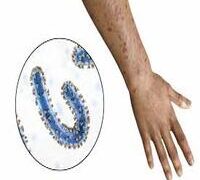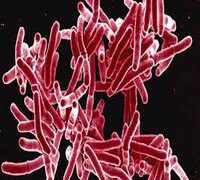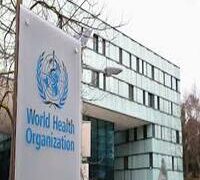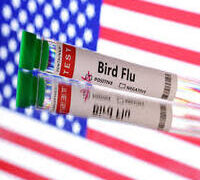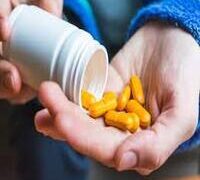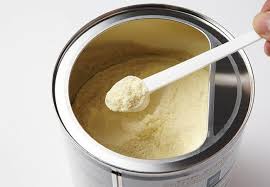OVER 200 UK BABY FOODS FAIL WHO NUTRITION STANDARDS, REPORT REVEALS
A new study carried out by a non-profit organisation, Access to Nutrition Initiative, reports that over 200 branded food products for babies and toddlers in the United Kingdom failed to meet the World Health Organisation’s nutrition and marketing standards.
The report, further noted that two-thirds of the products intended for toddlers contained excessive sugar, salt or calories.
The WHO guideline recommends that babies and toddlers should not be given foods high in sugar, salt and Tran’s fats, or drinks containing sugar or non-sugar sweeteners.
It added, “Daily intake of free sugars to less than 10 per cent of their total energy intake. A further reduction to below 5 per cent or roughly 25 grams (six teaspoons) per day would provide additional health benefits.
“Free sugars refer to monosaccharides (such as glucose, fructose) and disaccharides (such as sucrose or table sugar) added to foods and drinks by the manufacturer, cook or consumer, and sugars naturally present in honey, syrups, fruit juices and fruit juice concentrates.”
The Director of WHO’s Department of Nutrition for Health and Development, Dr Francesco Branca, stated that there was solid evidence that reducing intake of free sugars to less than 10 per cent of total energy intake reduces the risk of overweight, obesity and tooth decay in children.
According to Daily Mail, some of the products, such as snacks, purees, cereals and ready meals, were marketed misleadingly, with few nutrients being labelled as ‘healthy’.
“Out of 1,297 products assessed internationally, including 218 sold in UK supermarkets, none were considered suitable for promotion for consumption to children,” it noted.
Speaking on the findings of the study, a representative of ATNI, Greg Garrett, said new regulations are needed to control nutrient composition and marketing of foods for babies and toddlers.
“There is a concerning trend in the nutritional quality of commercial baby foods for infants and young children across multiple countries. We must ensure that the well-being of young children is not undermined any more. For this, we need the industry to take appropriate action, shareholders of companies to invest responsibly, and policymakers to improve regulations,” he added.
The report, supported by the Bill & Melinda Gates Foundation and the Foreign, Commonwealth and Development Office, also revealed that the brands studied more than 53 per cent of the market share with the UK having the second largest number of such products after Italy.
Findings from the study also showed that Kraft Heinz had the highest percentage of products that met nutrient composition requirements, at around 42 per cent, followed by Hero at 39 per cent and Danone at 38 per cent.










